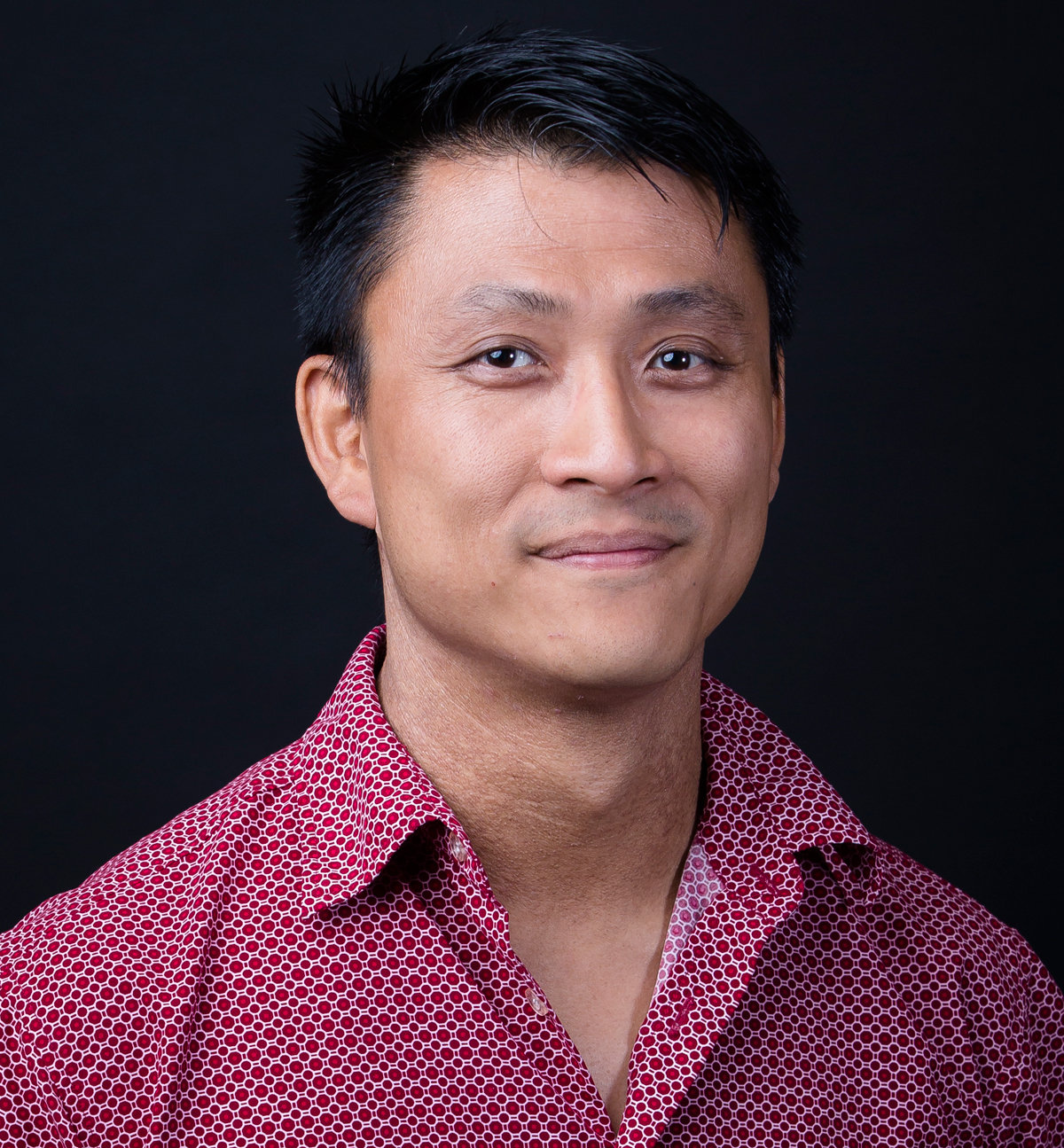‘Hacking’ the mind to build resilience: ER MD shares brain workout for peace of mind
By Lookout Production on Oct 30, 2022 with Comments 0
Peter Mallett,
Staff Writer
—
Building a resilient mind may start with a picture of an irresistible chocolate cake, says a local doctor.
“Imagine smelling the chocolate- y goodness, holding it up to your nose and feeling the hint of warmth. Now, close your eyes and truly think of how luscious it would be to even taste a little bit,” said Frederick Voon, MD, a Victoria General and Royal Jubilee Hospital Emergency Room physician, during a virtual presentation on Oct. 6. The 90-minute presentation addressed mental health and mindfulness on behalf of the Maritime Forces Pacific (MARPAC) Health and Wellness Strategy.
Dr. Voon, also a Clinical Assistant Professor with the University of British Columbia Faculty of Medicine, has noticed an uptick in the number of patients experiencing varying mental health concerns throughout the COVID-19 pandemic. He said in many cases, people’s paths to recovery lie in their mental resilience, with some solutions readily available.
During the presentation, Dr. Voon revealed a series of mental health workouts or ‘mental hacks’ – simple brain exercises that could be used to reverse negative thought patterns and thwart the cognitive processes that numb joy.
Imagining enjoying a piece of cake is one of the many exercises Dr. Voon recommended during his presentation. Another exercise he suggested was to think about things that provide anticipatory happiness, teaching the mind to savour pleasurable experiences. Dr. Voon encouraged his listeners to keep a journal of joyous moments and revisit them often.
The point of these exercises, he said, is to take more time daily to embrace all sensory pleasures that come with indulging in the things people enjoy.
“Take a few more seconds to stay with the thought about that piece of cake – or whatever else you choose to focus your mind on – and truly think about it and enjoy a positive experience. You will become able to turn a passing mental state into a lasting neural structure,” he said.
If practiced regularly, he said, these ‘hacks’ can help improve everyone’s mental health. Dr. Voon said for optimal results, people may want to stretch the exercise out for 20 seconds or longer and truly imagine all the sensory pleasures involved with the experience. The ‘mental hacks’ exercises are simple, easy to do, and can be performed anywhere, he said.
Filed Under: Top Stories
About the Author:






